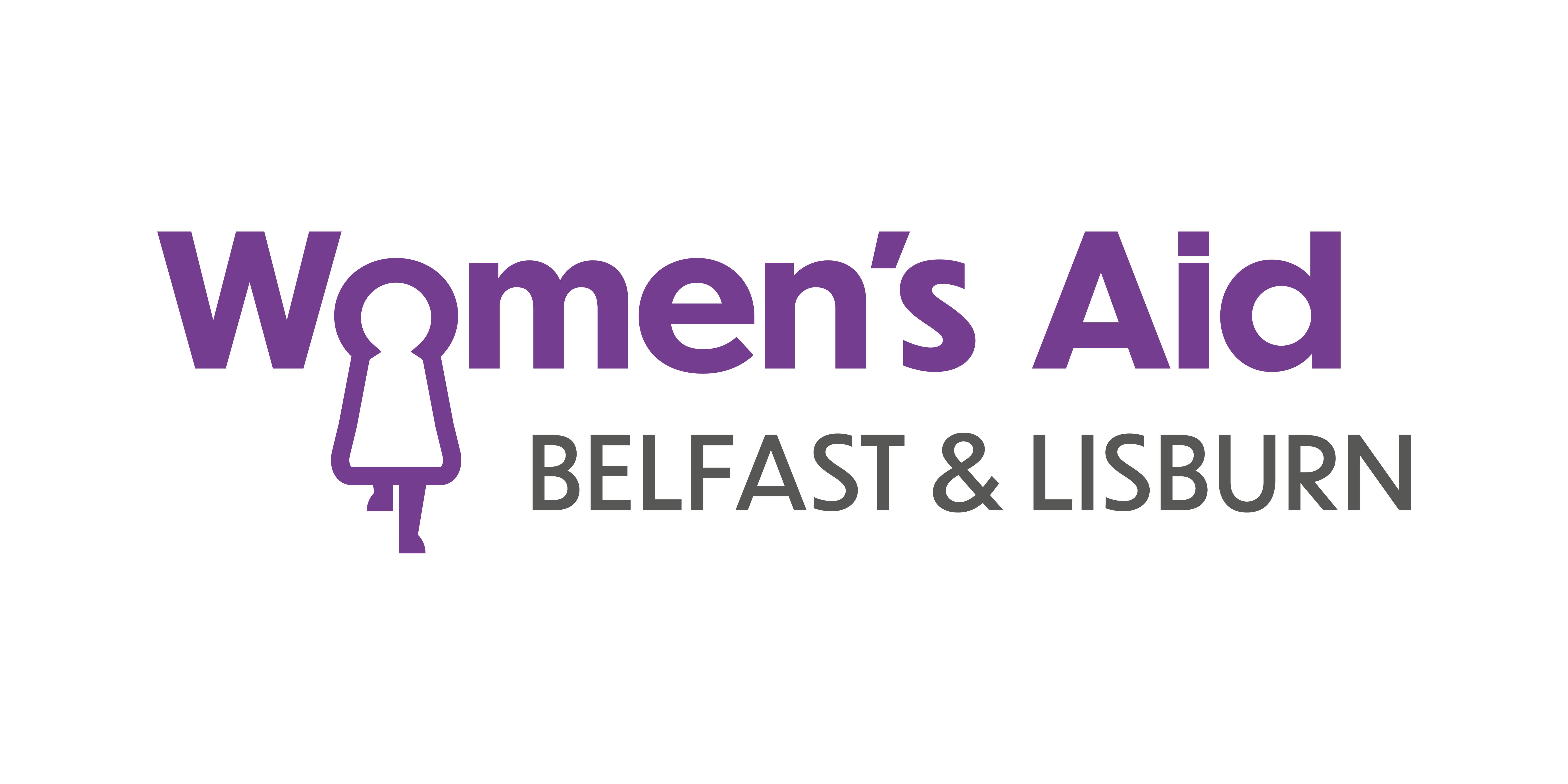What is online, digital or tech abuse?
Online abuse – or digital or tech abuse as it’s also sometimes referred to – is the use of technology and online platforms to harass, bully, intimidate or stalk a current or ex partner. Like many forms of abuse, it is underpinned by the need for power and control held by the perpetrator. In today’s society, many of us will use a range of digital technologies, such as social media, online forums, instant messaging services and video conferencing services. The rise of digital use has an array of positives, like enabling you to keep in touch with family and friends across the world, study flexibly, and even work abroad without having to relocate. However, there are also huge drawbacks, particularly in the context of domestic abuse, where online services and platforms can create the perfect landscape for perpetrators to abuse their victim.

Online abuse definition
Love Is Respect Org define what they refer to as ‘digital dating abuse’ (AKA tech or online abuse) as “the use of technologies such as texting and social networking to bully, harass, stalk or intimidate a partner”, stating that “often this behavior is a form of verbal or emotional abuse perpetrated online.”
Because the scope of the internet is so vast, there are many different ways a perpetrator can abuse a victim online or via digital technology. We also know that like Love Is Respect Org state above, online abuse is often not experienced on its own. In fact, from our experience we know that in cases where a woman has experienced online abuse, it is often the case that she has also been subjected to in-person stalking, emotional abuse and manipulation, and other forms of control too. This is supported by Women’s Aid England, who in their recent research on online domestic abuse found that 85% of respondents stated that “the abuse they received online from a partner or ex-partner was part of a pattern of abuse they also experienced offline.”
Tech or online abuse examples
As we mentioned above, because there are so many ways to interact with other people digitally or online, there are also many ways an abuser can use technology to perpetrate abuse. Some common examples of tech or online abuse that we have seen – particularly in the past 18 months – include:
- Telling you who you can and cannot interact with digitally e.g. text, call, email be friends with on Facebook, follow on Instagram or Twitter, watch on YouTube etc
- Looking through your phone at your emails, messages, call log and social media activity to keep tabs on you
- Demanding or stealing your passwords so they have access to your tech and/or accounts
- Sending explicit, hurtful, aggressive and/or threatening messages, including voicemails to you
- Bombarding your with messages, making you feel like you can’t be away from your device because they’ll get angry
- Pressuring or forcing you to send or share explicit photos, videos or messages
- Tracking your location on your phone

‘Revenge porn’ or ‘image based sexual abuse’
You may have heard the term ‘revenge porn’ being used in the media; according to the UK government this term refers to “the sharing of private, sexual materials, either photos or videos, of another person, without their consent and with the purpose of causing embarrassment or distress”. Actually sharing ‘revenge porn’ is illegal, however threatening to share it is not yet illegal in Northern Ireland.
‘Revenge porn’ – or as it’s also referred to as ‘image based sexual abuse’ – is a form of emotional abuse where the perpetrator often uses digital means to subject their victim to control, manipulation, threats and humiliation. In the UK government’s 2019 Online Harms Report, they defined some of the key characteristics of ‘revenge pornography’ as:
- usually distributed without the consent of those depicted in the videos, images or photos
- usually distributed online – through email, social media, text or on websites
- usually perpetrated in the context of a relationship breakdown
- usually thought of as perpetrated by males against females (though of course can be perpetrated by anyone of any gender)
From these characteristics we can understand that ‘revenge porn’ or ‘image based sexual abuse’ is yet another way an person can use technology to subject their current or former partner to abuse, to humiliate, degrade, and control them.
Cyberstalking
Back in April, we wrote a blog post about cyberstalking (which you can read here). Cyberstalking is a phenomenon which has been exacerbated by the pandemic, again due to the fact a lot of people’s lives moved primarily online for much of the past 18 months.
Cyberstalking is the use of technology, such as social networks, chat rooms, and forums, to harass. It includes perpetrating behaviour such as:
- Constantly messaging you online or emailing you – sometimes with threats
- Tracking your location and what you do/who you’re with
- Getting hold of your personal information such as your phone number, email address, home address, names of your family members, where you work etc
- Spreading rumours or false allegations against you and/or your family e.g. posting lies about you in their status updates
Cyberstalking is another form of online abuse which is used as a way to intimidate and control. We have supported many women, particularly in the past year, whose partners have cyberstalked them in order to control them and make them feel even more isolated. Cyberstalking may sound like a small problem which is easy to ignore, but in reality it is terrifying for victims and is a very real threat in the form of online abuse.
How we can help
If you are experiencing online abuse from a current or ex-partner, we can help you. Reach out for support:
Via phone – 028 9066 6049
Via email – support@Belfastwomensaid.org.uk
Via web chat – www.belfastwomensaid.org.uk (available Monday to Friday 9am to 5pm)
We understand that going to the police about online abuse can seem very daunting or may make you feel like you’re overreacting, which is why it can be helpful to reach out for support. You can contact organisations such as:
- Victim Support NI (for all victims)
- Women’s Aid (if you are a woman being subjected to online abuse from a current or ex-partner)
- Men’s Advisory Project (if you are a male victim being subjected to online abuse as a form of domestic abuse)
- The National Stalking Helpline (run by the Suzy Lamplugh Trust) for advice and support if you are a victim of cyberstalking
Being subjected to online abuse is not your fault. Perpetrators who subject people to online, tech or digital abuse, in any form, seek to instill fear as a form of control. They alone are responsible for their behaviour.
Show all posts
